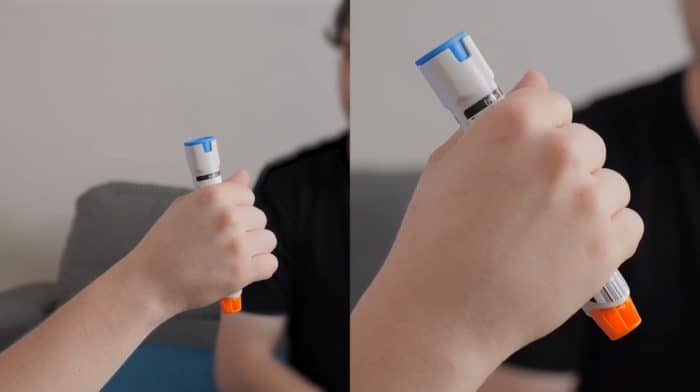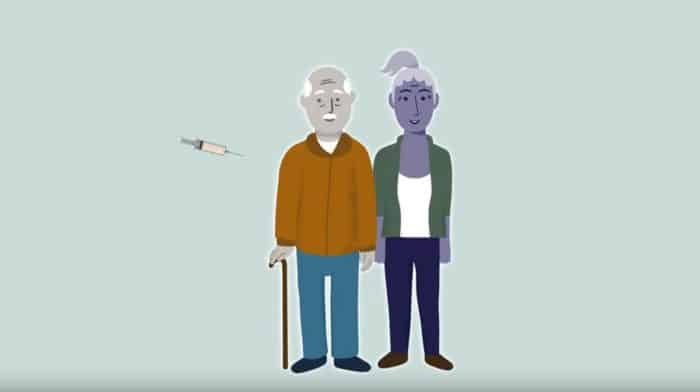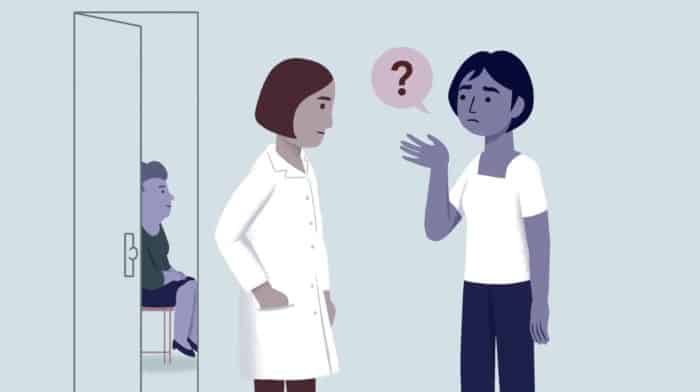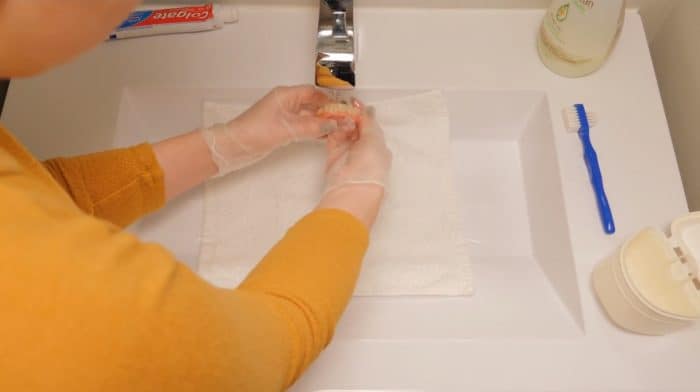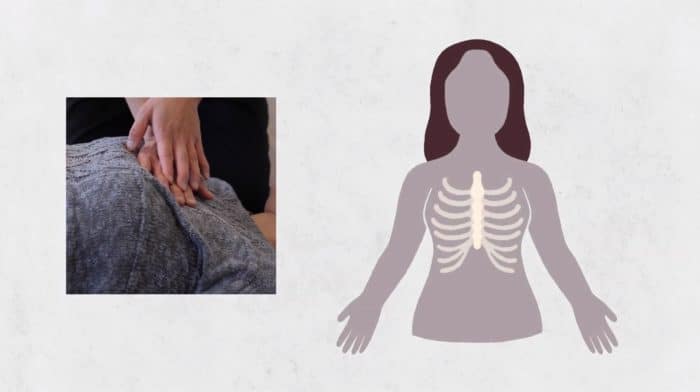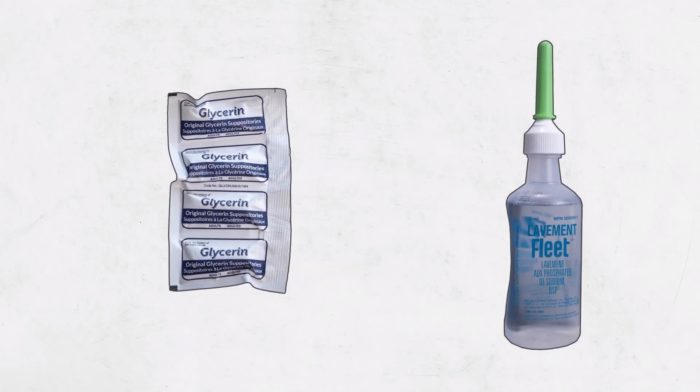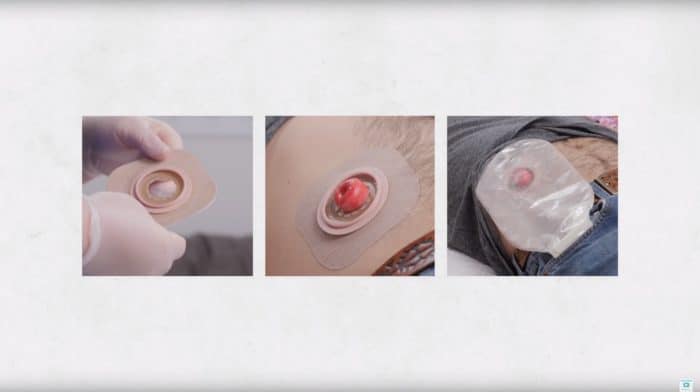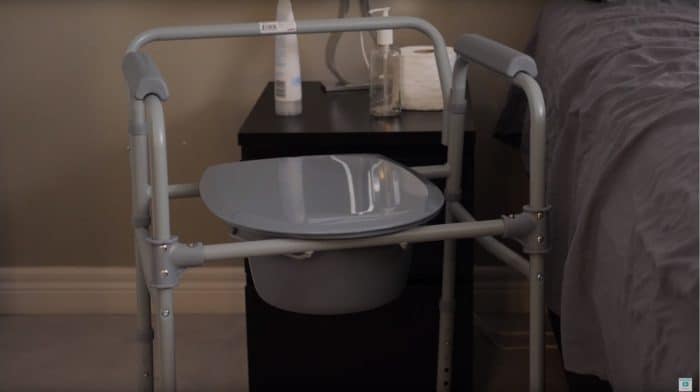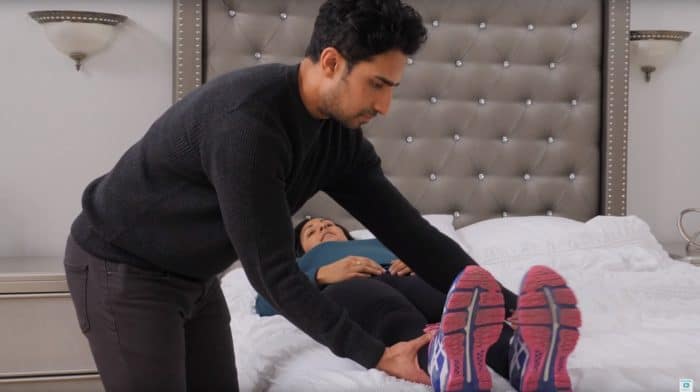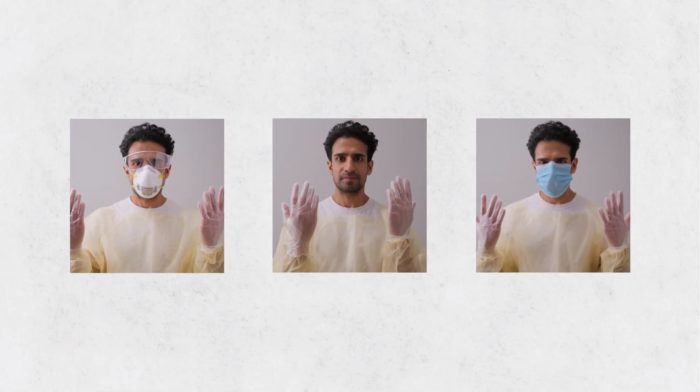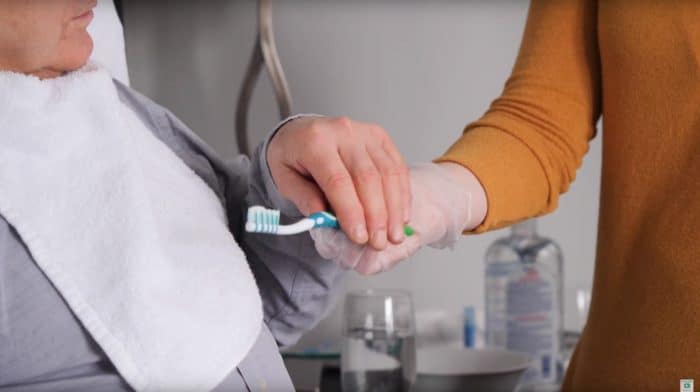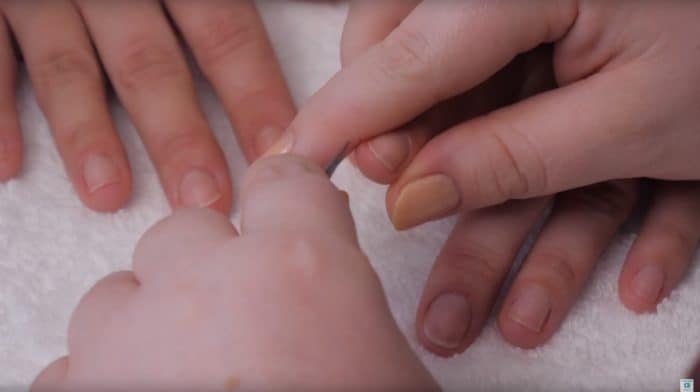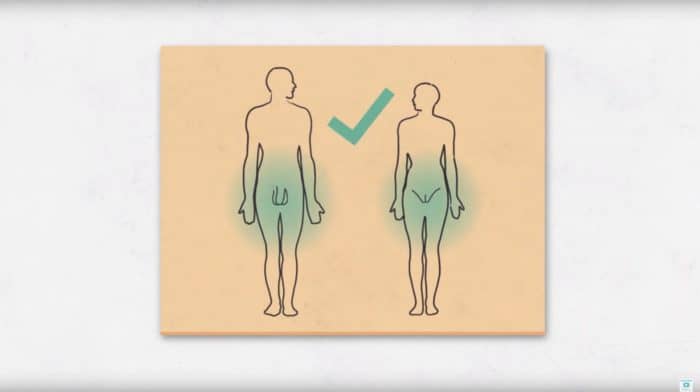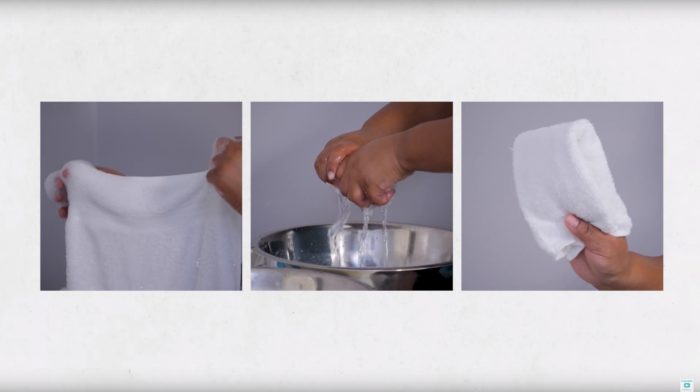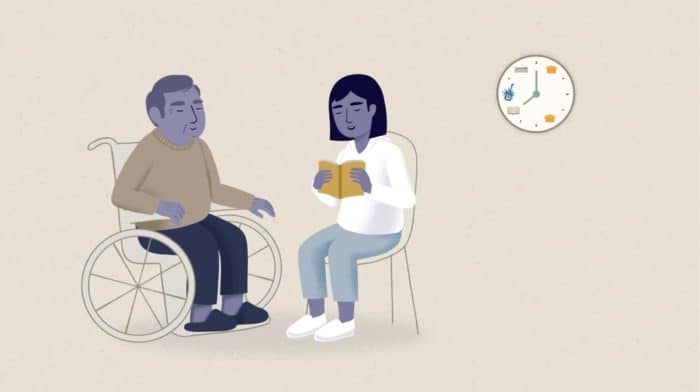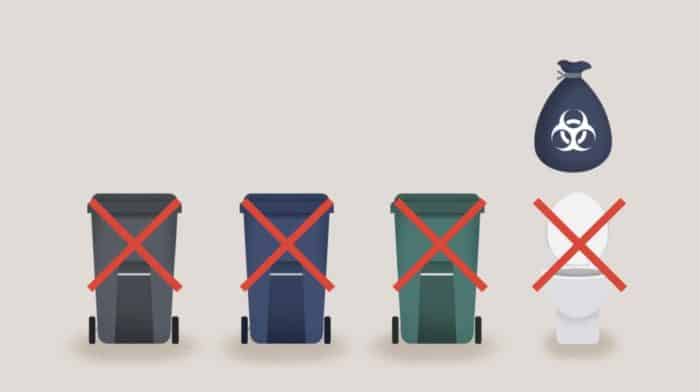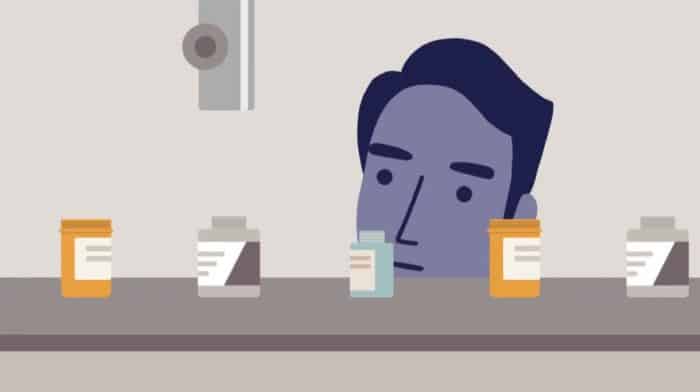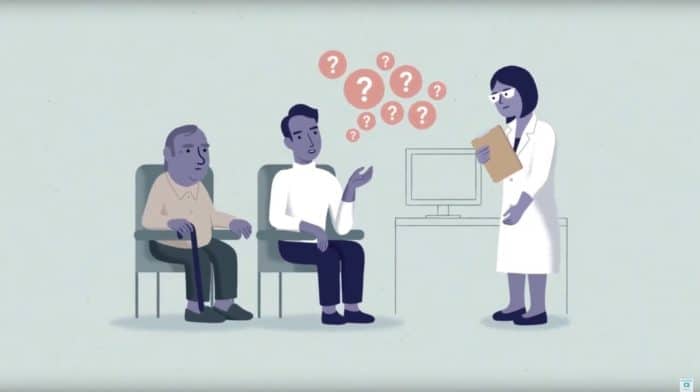Resource Library
Search:
How To Use a Communication Board
When people are hard of hearing, sometimes it’s easier to use a Communication Board. An example is shown below & the full size copy is on the next page. Feel free to print & use ours or create your own!
How to Use an Epi Pen
Remember: “Blue to the sky, Orange to the Thigh”
Understanding How Vaccines Work
As a caregiver, you spend a lot of your time in close contact with the person you’re caring for. For their safety and yours, it’s important that you both stay up to date with your vaccinations. In this video, we’ll explain the benefits of getting vaccinated, and go over a few of the vaccinations that every adult should get.
Caring for Someone With Ostomy
An ostomy occurs when you seriously can’t go to the bathroom & the Dr. has to surgically bypass your normal route & create a new place for the waste to come out of the body.
How To Navigate Being A Caregiver in The Workplace
As the Canadian population ages, more and more caregivers are needed each year. Many people who take on the role of the caregiver also have a day job, and balancing both caregiving and work can be a major challenge.
How to Prevent Bed Sores
If the person you’re caring for spends a lot of time laying or sitting they are at higher risk of getting bedsore, which is also called a pressure ulcer.
Understanding Medicinal Cannabis and Its Uses
Since cannabis was legalized in Canada for both recreational and medicinal purposes, you might be wondering if cannabis could help the person you’re caring for. In addition to recreational use, cannabis, also known as marijuana, is being used by many Canadians to help to improve symptoms of their medical conditions.
5 Questions To Ask Your Healthcare Providers
As a caregiver, you spend a lot of your time making sure the person you’re caring for gets the support they need. But caregivers need support from health care professionals.
What to Do if Someone’s Choking
Though choking incidents drop significantly in the adult age category, anyone can still choke. If the person you’re caring for starts to choke, do you know what to do?
How to Care For Someone’s Dentures
If the person you’re caring for wears false teeth, you may need to help them take care of their dentures. Dentures require special care to keep them clean, free from damage and fitting well.
How to do CPR
It’s scary to think about, but there may be a time when you’ll need to use CPR to save the life of someone you’re caring for. Cardiopulmonary resuscitation, most commonly known as CPR, is when you help a person’s heart move blood through their body when their heart has stopped.
How To Give A Suppository Or Enema
If the person you’re caring for has trouble having a bowel movement, they may need some extra help with medications like a suppository or an enema, and they may need your help with it.
What to do if Someone Is Having a Seizure
If the person you’re caring for has a seizure, it can be distressing to see, but there’s no need to panic.
How To Deal With Severe Bleeding
When bleeding is severe, it can cause trauma for you and the person you’re caring for. Knowing how to control severe bleeding and prevent shock in an emergency situation can save their life.
Understanding Consent and Capacity
In Ontario, healthcare teams have to have informed consent or refusal before they can give any treatment or care to their patients.
Substitute Decision Maker
A substitute decision maker is someone who you choose to make decisions about your health care if you can’t. If you haven’t chosen someone, by law the Ontario government will assign someone to you in an emergency.
Advance Care Planning in Ontario
If you need medical treatment, the health care professionals that see you, need to have your consent. If you couldn’t speak for yourself, who would you want to speak for you?
How To Give a Needle or Injection
Needles are never fun, but giving a needle might be added to the list of tasks you’ll need to do as a caregiver. Learn how to do so safely!
How To Empty and Change an Ostomy Bag
Ostomy is a surgically created opening through which stool or urine exit the body. A person may be required to have an ostomy bag. Emptying this bag is a fairly simple process but can also be overwhelming.
How To Help With Eye Drops & Ointment
Whether it’s because of infection, injury, disease or dry eyes, the person you’re caring for might need help with their eye drops or ointments.
How To Apply Medication Patches and Creams
If a healthcare professional orders medication patches or creams for the person you’re caring for, you may need to help them apply them.
How To Help With A Commode Chair / Urinal
Sometimes the person you’re caring for might need help using the toilet. If they aren’t able to walk to the washroom, using a bedside commode or urinal can be a good option. Helping someone use the toilet can be embarrassing for both of you, but it doesn’t have to be.
How to Transfer Someone From Bed To Chair
Sometimes the person you’re caring for will need help getting out of bed because of pain, surgery or difficulty moving. You may be worried that they’ll fall if they try it alone or you might be afraid to injure yourself.
How To Use Medical Personal Protective Equipment
Sometimes the person you’re caring for will get an infection or disease that can spread to other people they have contact with. Knowing this can be frightening and might make you feel uneasy giving care in this situation–not just for you, but for family and visitors as well.
How to Help With Tooth Brushing
Brushing your own teeth is a simple task but it’s not so simple when you have to do it for someone else. Mouth care is important because it maintains oral health, prevents infection and helps to maintain appetite.
How To Dress Someone in Bed
Getting dressed and undressed is an everyday task that’s challenging for many older adults. A variety of health conditions can make independent dressing difficult.
How To Care For Someone’s Nails
When the person you’re caring for can’t trim their own nails, they can be at risk for infections, pain from long nail growth and scratch injuries.
How to Wash Genitals
It might be awkward to do, but keeping someone you care for clean is essential. Poor hygiene can cause discomfort, skin complaints and infections, and can lower self-esteem.
How To Assist with Eating and Drinking
If the person you are caring for is unable to eat because of physical restrictions or they have difficulty swallowing.
Falls Prevention
It seems like common sense — everybody falls, no matter what age. However, for many older adults, an unexpected fall can result in a serious and costly injury. The good news is that most falls can be prevented.
How To Change Sheets
Of course, changing bed linens when nobody is in the bed is easy, but changing an occupied bed is a little different but at the same time almost just as easy if you know-how.
How To Give a Bed Bath
Bathing keeps the skin healthy and can help prevent infections. It's a good time to check the skin to look for sores or rashes. Bathing also helps your loved one feel fresh and clean.
How To Help Someone With Vision Loss
If the person you’re caring for has recently experienced vision loss, you may be worried about how this change will impact your caregiving. Aside from the obvious physical effects, visual impairment can take an emotional toll as well. It’s important that you help the person you’re caring for feel as comfortable as possible during this stressful time.
Young caregiver
Taking care of a family member isn’t easy, especially if you’re a young caregiver. It’s a lot of responsibility, and you can start to feel like your life isn’t yours anymore. But caregiving is important, and your help makes a big difference.
How To Use Spirituality To Manage Caregiver Stress
Spirituality is different for everyone. Many people find that having a spiritual or religious practice helps with stress management.
How to Safely Dispose Of Medical Waste
One of the challenges that a caregiver faces is determining how to properly manage waste, especially medical waste. Medical waste removal isn’t hard to do properly. You just need to know how to do it.
Medication Safety Tips
Safety is important when you are caring for someone who takes medication. But there might be somethings you don't know about medication safety.
Being a Patient Care Advocate
What is a patient care advocate? How do you know how-and-when to step up for the person you are caring for?
How To Create a Support Network
Caregiving can be emotionally and physically demanding (and exhausting). Establishing a caregiver support network can help to set you up for success as a caregiver.
Proper Disposal of Sharps
Learn the proper way to dispose of sharps like needles, injection pens, and syringes so that you (and others) don't get hurt.



